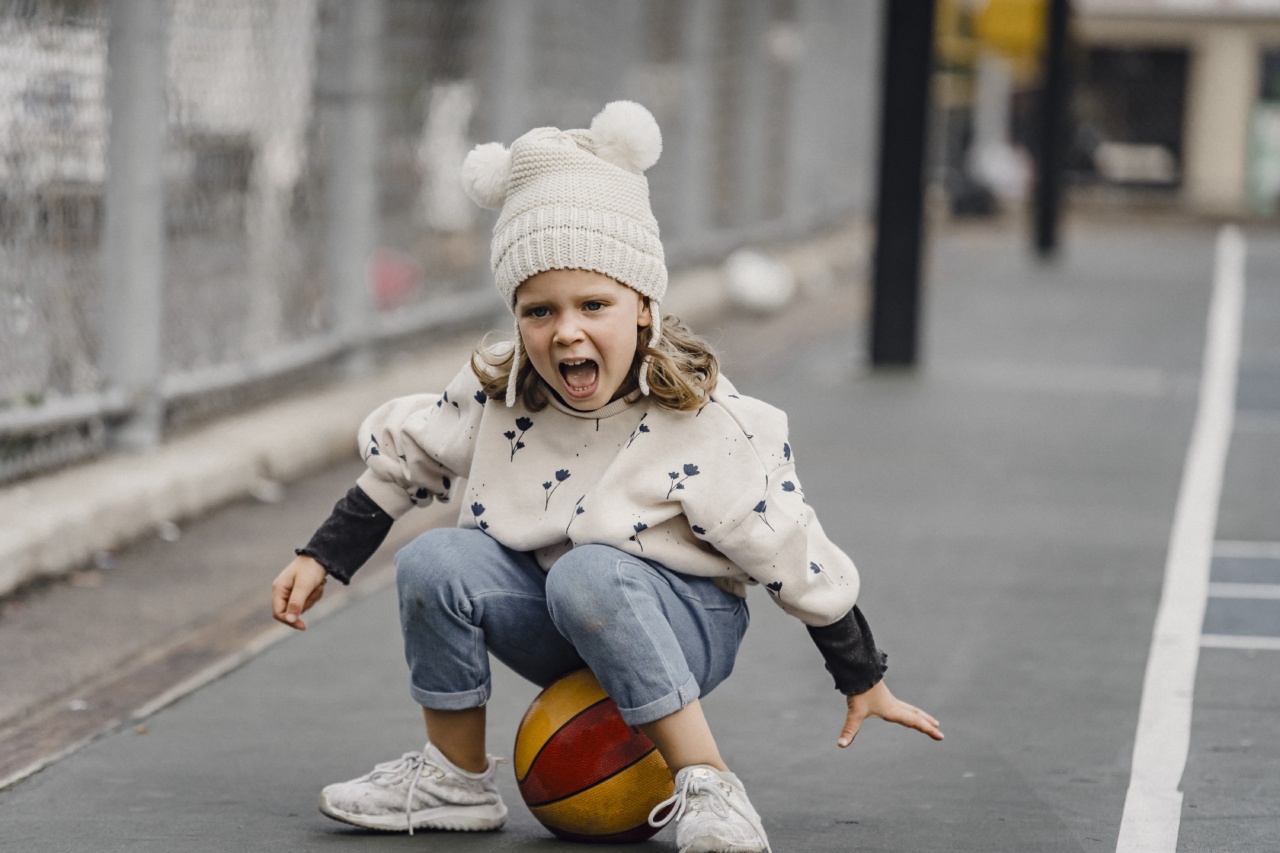The emotional and mental well-being of children is just as important as their physical well-being.
Children and adolescents who have good emotional and mental health can cope with challenges and are more likely to grow up to be productive members of society. It’s important to create a healthy and supportive environment for children to grow up in. Unfortunately, there are certain actions that can damage the emotional well-being of kids and adolescents.
1. Neglect
Neglect is one of the most damaging things that can happen to a child emotionally. Neglect can happen in many ways, including physical neglect, emotional neglect, or both.
Physical neglect is when a child’s basic needs, such as food, shelter, clothing, and medical care are not met. Emotional neglect is when a parent or caregiver fails to provide emotional support, love, and care to a child.
2. Abuse
Abuse can take many forms, including physical, sexual, emotional, and psychological abuse. Any form of abuse can have long-lasting effects on a child’s emotional well-being.
Children who experience abuse may have trouble trusting others, may feel a sense of shame or guilt, and may struggle with feelings of anger, anxiety, and depression.
3. Bullying
Bullying can take many forms, including physical, verbal, and social bullying. Children and adolescents who experience bullying may feel isolated, anxious, and depressed.
They may also have trouble making friends, and may struggle with low self-esteem and a poor self-image.
4. Exposure to Violence
Exposure to violence, whether in the home or in the community, can have a profound impact on a child’s emotional well-being.
Children who witness violence may experience feelings of fear, anxiety, and stress, and may struggle with issues such as depression and post-traumatic stress disorder (PTSD).
5. Parental Conflicts
Parental conflicts, including divorce and separation, can be distressing for children and adolescents. Kids may feel caught in the middle, and may be exposed to negative emotions such as anger, frustration, and sadness.
Children may also blame themselves for their parent’s conflicts, which can lead to feelings of guilt and shame.
6. Lack of Support
Children and adolescents who do not have a strong support system may struggle with emotional and mental health issues. Kids need to feel loved, supported, and appreciated.
Lack of support can leave children feeling isolated, and can lead to low self-esteem and poor self-image.
7. Unstable Home Environment
Children who live in an unstable home environment, such as a home with frequent changes in living arrangements or household members, can struggle with emotional and mental health issues.
An unstable home environment can cause children to feel anxious, stressed, and unsure about the future.
8. Unrealistic Expectations
Parents and caregivers who have unrealistic expectations for their children can cause significant emotional distress. Children who feel pressure to excel academically or in other areas may feel anxious, stressed, and overwhelmed.
They may also struggle with self-esteem and self-image issues.
9. Lack of Boundaries
Children and adolescents who don’t have clear boundaries may struggle with emotional and mental health issues. Boundaries help children understand what is appropriate behavior and what is not.
Without clear boundaries, children may struggle with feelings of confusion and uncertainty.
10. Insufficient Communication
Insufficient communication between parents or caregivers and children can be detrimental to a child’s emotional well-being. Kids need to feel heard, respected, and valued.
Lack of communication can leave children feeling misunderstood and can lead to feelings of anger, frustration, and resentment.
Conclusion
The emotional and mental well-being of children and adolescents is crucial for their overall health and development.
It’s important for parents, caregivers, and educators to be aware of the actions that can damage a child’s emotional and mental health. By creating a supportive and healthy environment for children to grow up in, we can help them develop into happy, healthy, and successful adults.





























